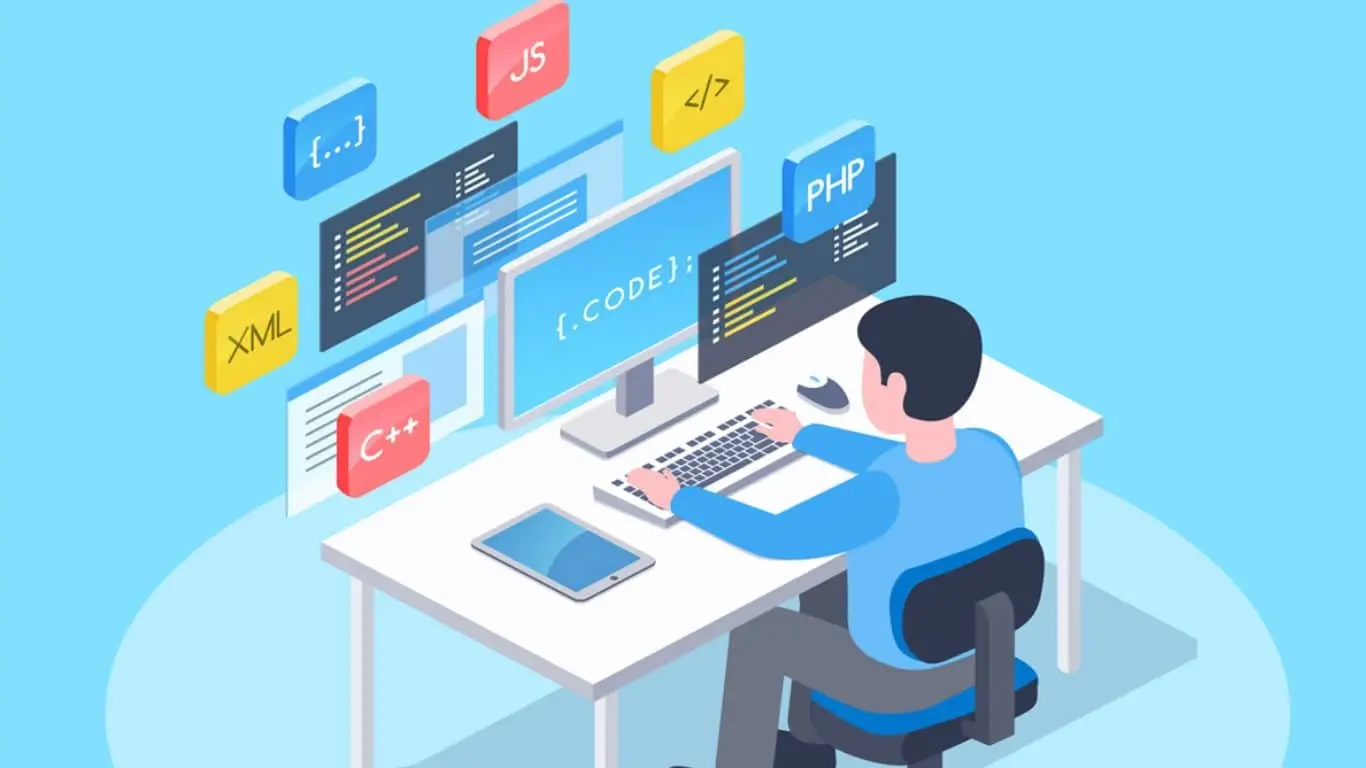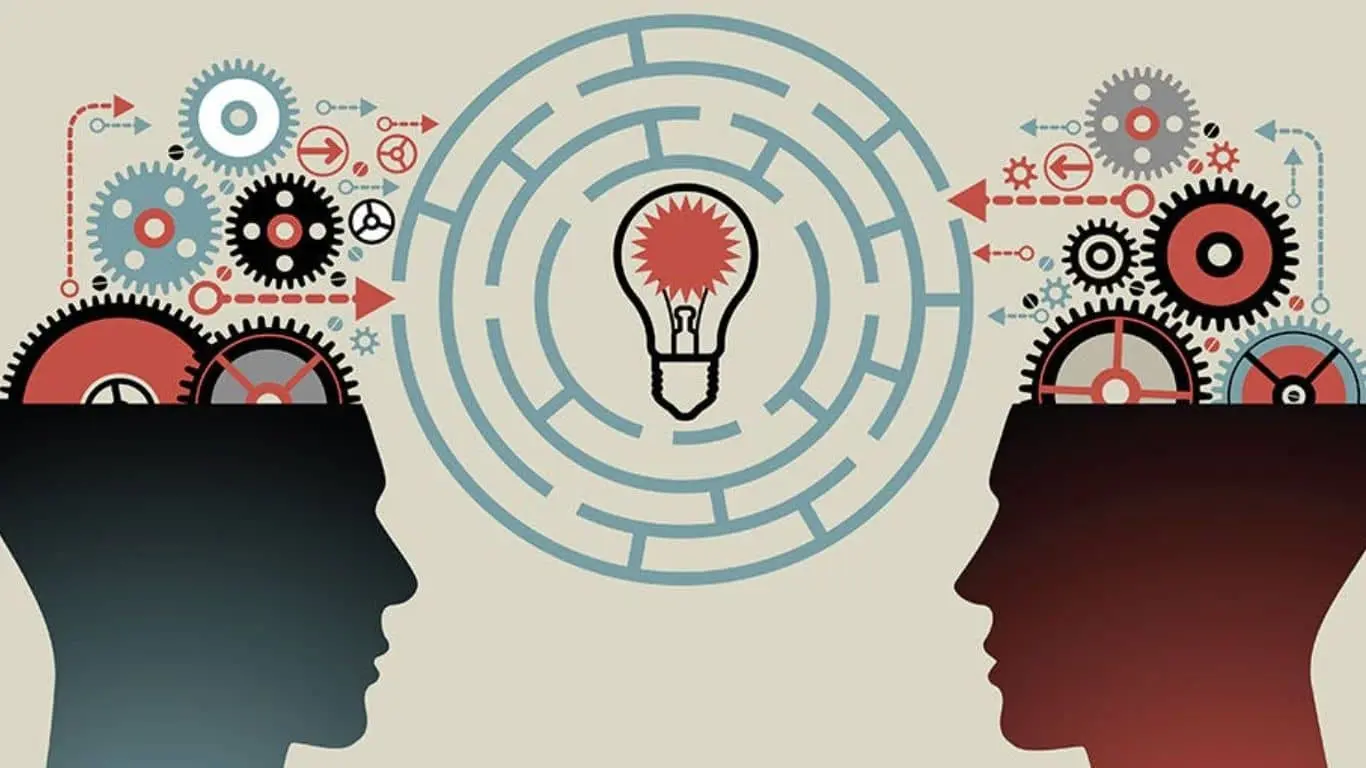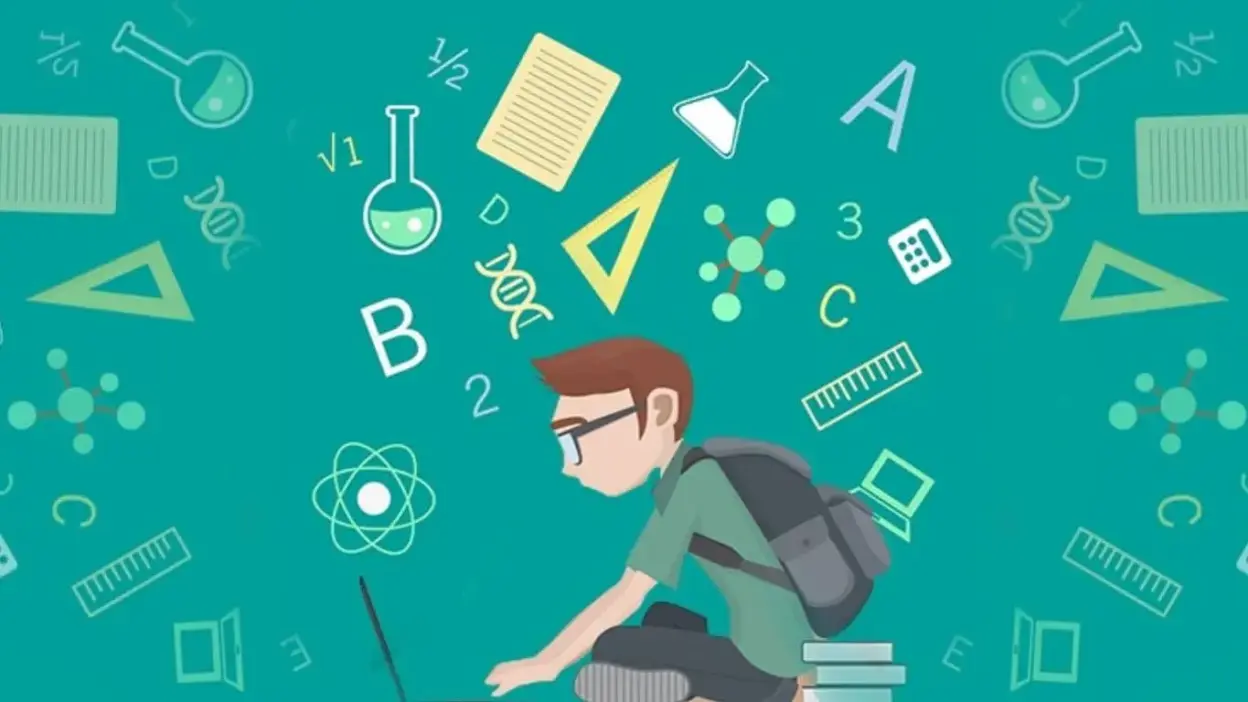The Indian education system, a legacy of both ancient wisdom and colonial influence, has been the backbone of the country’s intellectual advancement. However, as we step into a more interconnected and rapidly evolving world, certain aspects of this system, especially its curriculum, have become archaic and counterproductive. This discussion on “10 Things That Need to Be Removed from the Indian Education System” aims to pinpoint these outdated elements, focusing particularly on curriculum practices that need overhaul or elimination for a more progressive and effective educational framework.
10 Things That Need to Be Removed from the Indian Education System
Obsolete Content in Textbooks

Indian educational textbooks, particularly in subjects like history, science, and social studies, often contain information that is outdated or no longer considered accurate. For instance, science textbooks may include disproven theories or outdated technological information, while history books might lack recent archaeological findings or modern historical perspectives. This outdated content not only misinforms students but also fails to spark curiosity and critical thinking about current and future challenges. To address this, a regular review and updating process, involving subject matter experts and educators, should be instituted for all educational materials.
Ignoring Local and Indigenous Knowledge
The curriculum in India has often been criticized for its heavy reliance on a Eurocentric or Western-centric worldview, at the expense of local and indigenous knowledge systems. This oversight not only alienates students from their own cultural heritage but also deprives them of a diverse and rich educational experience. For instance, traditional Indian practices in sustainability, agriculture, and healthcare contain a wealth of knowledge that could offer innovative solutions to modern problems. Including such content would not only enrich the curriculum but also foster a sense of pride and connection to local cultures and histories.
Overemphasis on Theoretical Science and Mathematics

While the importance of science and mathematics cannot be understated, the Indian education system‘s overemphasis on these subjects often comes at the cost of arts, humanities, and social sciences. This imbalance creates a narrow educational pathway, limiting students’ exposure to a broader range of disciplines that are equally crucial for a well-rounded education. Arts and humanities foster creativity, empathy, and critical thinking, skills that are increasingly recognized as essential in a diverse range of professions. Balancing the curriculum to give equal importance to all disciplines would encourage a more holistic development of students.
Lack of Global Perspectives
In today’s globalized world, having an understanding of global issues, cultures, and perspectives is vital. However, the Indian education system often focuses predominantly on national history and issues, with little emphasis on global events, international relations, or world cultures. This lack of global perspective can leave students ill-prepared to engage in an increasingly interconnected world. Introducing subjects like world history, international politics, and global economics would not only broaden students’ horizons but also prepare them to be global citizens.
Insufficient Environmental Education

Environmental education in Indian schools is often limited to superficial coverage of ecological concepts without delving into the pressing environmental challenges of our times, such as climate change, biodiversity loss, and sustainability. Given the urgency of these issues, integrating comprehensive environmental education into the curriculum is critical. This should include practical aspects like conservation efforts, sustainable practices, and understanding the human impact on the environment. Such education is essential to prepare the next generation to tackle the environmental challenges they will inherit.
Stereotypical Gender Roles in Textbooks
Textbooks and educational materials in India sometimes perpetuate stereotypical gender roles, portraying men and women in traditional and often outdated societal roles. This not only reinforces gender biases but also limits the aspirations and perspectives of young minds. Educational content needs to actively challenge these stereotypes and promote gender equality. This can be achieved by including content that showcases successful individuals from all genders in a variety of roles and professions, and by discussing topics related to gender equality and inclusivity.
Limited Exposure to Technology and Digital Literacy

In an era where digital literacy is as essential as reading and writing, the Indian education system often falls short in integrating technology and digital skills into the curriculum. While some urban schools may have access to computers and the internet, many schools, especially in rural areas, lack these basic facilities. Expanding digital literacy and technology education is crucial, not just for preparing students for future careers but also for bridging the digital divide. This includes not only teaching students how to use technology but also educating them about digital safety, ethics, and the responsible use of technology.
Rigid Language Policies
Language education in India often focuses on English and a few other major languages, sometimes at the expense of regional languages and dialects. This can alienate students who come from diverse linguistic backgrounds and can also lead to the erosion of linguistic diversity. Implementing more flexible language policies that promote multilingualism and respect for all languages, including regional and indigenous languages, is essential. Such a policy would not only help preserve linguistic diversity but also ensure that students are comfortable and confident in their learning environments.
Neglect of Critical Thinking and Problem-Solving Skills

The traditional focus of the Indian education system on rote memorization and examination scores often comes at the expense of developing critical thinking and problem-solving skills. Students are frequently assessed on their ability to recall information rather than their understanding and application of knowledge. To remedy this, the curriculum should include more project-based learning, group discussions, and activities that encourage analysis, synthesis, and creative problem-solving. This shift would prepare students better for real-world challenges and foster a more dynamic and engaging learning environment.
Inadequate Sex Education
Sex education in India is often treated as a taboo subject, leading to a lack of comprehensive and factual information for young people. This gap in education can lead to misinformation, health risks, and reinforce negative attitudes and stereotypes. Implementing a comprehensive sex education program that covers topics such as human anatomy, reproductive health, consent, safe sex practices, and respectful relationships is crucial. Such education should be age-appropriate, fact-based, and delivered in a sensitive and respectful manner.
Also Read: Importance of Arts Education | Benefits of Arts Education




